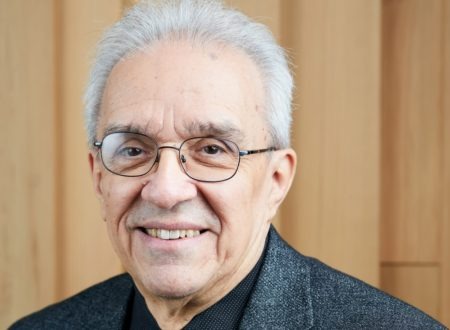
Contents
Cette biographie est uniquement disponible en anglais.
Justice Harry S. LaForme is Anishinabe and a member of the Mississaugas of the New Credit First Nation located in southern Ontario. He was born and raised mainly on his reserve where some of his family continue to reside and remain active in that First Nation's government.
Justice LaForme graduated from Osgoode Hall Law School in 1977 and was called to the Ontario Bar in 1979. He articled with the law firm of Osler, Hoskin and Harcourt; joined the firm as an associate; and, after a brief time commenced his own practice specializing in Indigenous law. During his legal practice Justice LaForme focused on matters involving the Constitution and the Charter. He has appeared before each level of Canadian Court, travelled extensively throughout Canada, and represented Canadian Indigenous interests in Geneva Switzerland, New Zealand, and the British Parliament.
Justice LaForme served as: co-chair of the independent National Chiefs Task Force on Native Land Claims; Chief Commissioner of the Indian Commission of Ontario; Chair of the Royal Commission on Aboriginal Land Claims; and taught the "Rights of Indigenous Peoples" at Osgoode Hall Law School. In January 1994 he was appointed a judge of the Superior Court of Justice, Ontario and was – at that time - one of only 3 indigenous judges ever appointed to this level of trial court in Canada. In November 2004 he was appointed to the Ontario Court of Appeal and is the first indigenous person to be appointed to sit on any appellate court in the history of Canada – he retired in October 2018.
Justice LaForme is privileged to have been honoured with: numerous Eagle Feathers including one at his swearing in at Ontario Court of Appeal and one from the National Indian Residential School Survivours Society; the National Aboriginal Achievement Award in the area of Law & Justice; a Talking stick carved by Git’san artist Ya’Ya, Chuck Heit; a bursary created in his name for Indigenous first year law students by the University of Windsor Faculty of Law; and honourary Doctor of Law degrees from York University; University of Windsor, the Law Society of Upper Canada, and an honourary Doctorate of Education from Nipissing University.
Justice LaForme has written and published numerous articles on issues related to indigenous law and justice. He speaks frequently on many topics that include indigenous issues, indigenous law, criminal law, constitutional law and civil and human rights.

